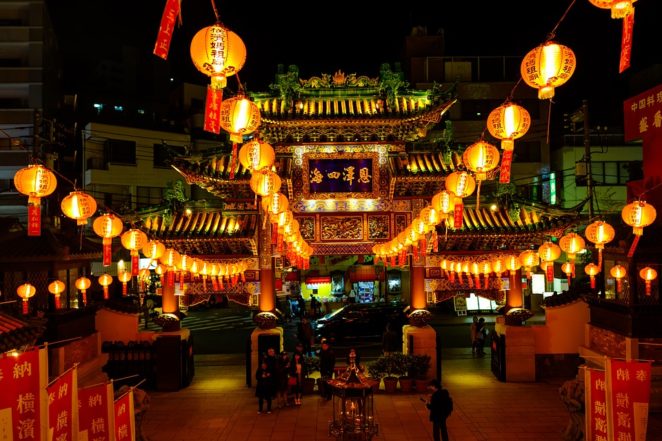
Is everything hunky-dory with you? Let’s
hope so, because the expression means that all is well and nothing is happening
to disturb or distress you. However, this term, innocent enough as it sounds,
has an origin that is somewhat less wholesome than might appear at first sight.
If you have ever seen a performance of
Puccini’s opera “Madame Butterfly” you will not need reminding that ships of
the United States Navy made frequent visits to Japan during the 19th
century after the US had forced Japan to
accept American trade. American sailors became well acquainted with the streets
of Yokohama, and in particular one street where the trade on offer was very
much to the liking of young men who were far from home and deprived of female
company.
The street was called Honcho-dori, so a
sailor who went there was quite likely to have an enjoyable time. Given that
the word “hunk” used at one time to mean “well-being” it was not a huge step
for “honcho” to become “hunky”.
The original somewhat sordid connotation of
the term became lost over time, so that anyone who says today that everything
is hunky-dory need not fear that he or she will be misunderstood as making a
reference to the red light district of Yokohama!
© John Welford
No comments:
Post a Comment